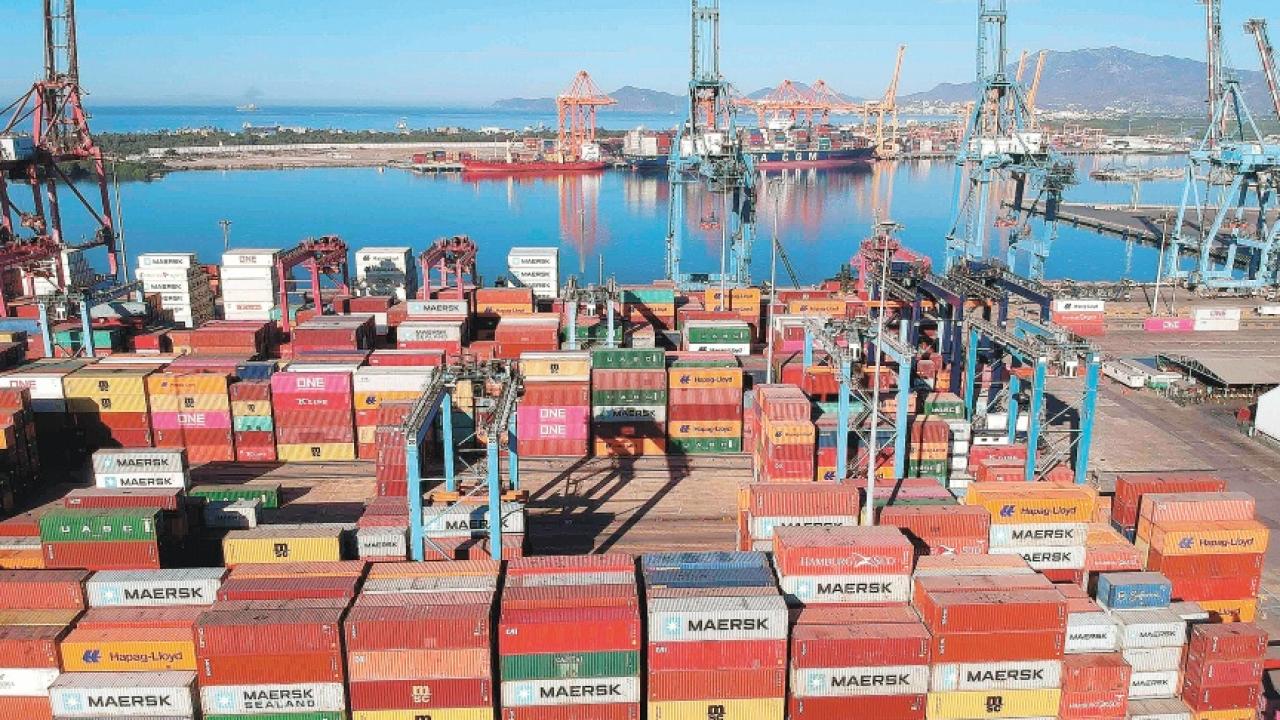
With the increase in nearshoring , some Chinese companies have become interested in investing in Mexico and this has raised criticism from certain US legislators about whether this is intended to circumvent US trade sanctions against China.
Mexico has lagged behind in achieving the modernization of the Investment Promotion and Protection Agreement (APPRI) with China, an issue linked to the public discussion that has been generated in view of the review of the Treaty between Mexico, the United States and Canada (T- MEC).
With the trend of nearshoring , some Chinese companies have become interested in investing in Mexico and this has raised criticism from some US legislators about whether this is intended to circumvent US trade sanctions against China.
Since 2017, three APPRIs have come into force in Mexico (United Arab Emirates; Hong Kong, China; and Turkey).
Currently, Mexico has a network of 30 APPRIs in force. However, the vast majority of these agreements were negotiated and signed before 2000.
Given that, in the case of 25 of the 30 APPRIs mentioned, the initial validity of 10 years has come to an end and that one has been denounced (India), Mexico has undertaken a policy of modernizing these agreements, reflecting the evolution of the international investment law with cutting-edge disciplines.
Alejandro Rodríguez, analyst at the American consultancy Plante Moran, said that although there are Chinese companies that are interested in investing in Mexico, they also continue with their expansion strategies in Asian countries that have free trade agreements with the United States.
Although Mexico has advantages such as proximity, regional integration and the same time zone - or without much difference - with respect to the US market, Asian countries have more cultural or labor similarities in relation to Chinese investment companies.
Chinese authorities indicate that their country has signed bilateral investment agreements with 135 entities, and that there are 112 such agreements currently in force. According to the World Trade Organization (WTO), during the last three years, it only agreed to an agreement of this type, with Angola, in December 2023.
In 2023, with US$ 148,000 million, China was the third issuer of FDI in the world, surpassed by the United States (US$ 404,000) and Japan (US$ 184,000 million), according to data from the United Nations Conference on Trade and Development (UNCTAD).
The APPRIs create a framework of clear and transparent rules that, on the basis of reciprocity, legally protect capital flows destined for the productive sector.










